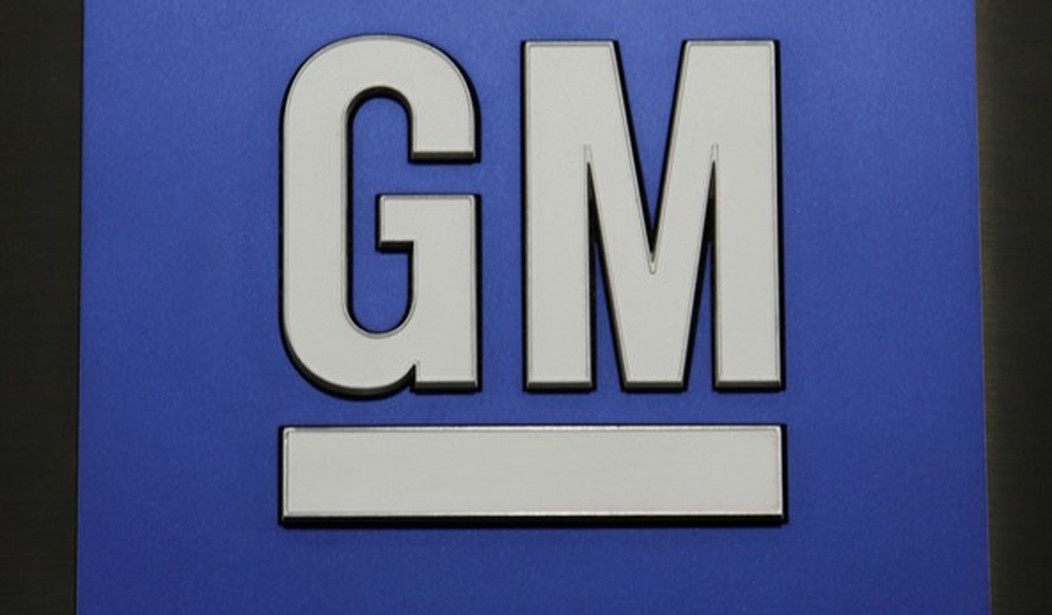The bad news continues for Cruise, the autonomous vehicle company owned by GM.
Last month Cruise’s ability to operate in San Francisco was suspended after their cars were involved in two separate accidents. One of the accidents was very serious and involved a woman who was hit by a car driven by a person in an adjacent lane. The victim was sent flying into the lane of the Cruise taxi which braked but wound up running over the woman. Even worse, the taxi performed an automated procedure to move itself out of the way and wound up dragging the victim under the car.
In the wake of that event, Cruise suspended its operations throughout the US.
Cruise said on Thursday evening that it would pause all driverless operations in the United States, two days after California regulators told the General Motors subsidiary to take its autonomous cars off the state’s roads.
The decision affects Cruise’s robot taxi services in Austin, Texas, and Phoenix, where a limited number of public riders could hail paid rides. Noncommercial operations in Dallas, Houston and Miami were also paused.
Cruise announced yesterday that it was doing a software-based voluntary recall designed to prevent a repeat of the situation. But not everyone was impressed.
Cruise is now taking steps to get its robotaxis back on the road, after California’s DMV forced the company to pause driverless rides in October.
The company said in documents posted by U.S. safety regulators on Wednesday that with the updated software, Cruise vehicles will remain stationary should a similar incident occur in the future.
“I would say that cruise has lost all public trust and they need to start over again,” Aaron Peskin, President of the San Francisco Board of Supervisors said.
Those reports at least made it sound like Cruise was forging ahead with its plans but other reports this week suggest that may not be the case. For instance, Cruise has stopped production of its Origin robotaxi.
Cruise is pausing production of its purpose-built robotaxi, the Origin — the autonomous vehicle company’s latest setback amid suspended operations and increased scrutiny from regulators.
Forbes first reported the news, citing audio of Cruise CEO Kyle Vogt’s address at an all-hands meeting Monday. TechCrunch has confirmed the news with sources who spoke to us on the condition of anonymity.
And with all of its operations shut down, Cruise is going to be a major drag on GM’s bottom line:
The shutdown complicates Cruise’s ambition of hitting its goal of $1 billion of revenue in 2025.
G.M. has spent an average of $588 million a quarter on Cruise over the past year, a 42 percent increase from a year ago. Each Chevrolet Bolt that Cruise operates costs $150,000 to $200,000, according to a person familiar with its operations.
Half of Cruise’s 400 cars were in San Francisco when the driverless operations were stopped. Those vehicles were supported by a vast operations staff, with 1.5 workers per vehicle. The workers intervened to assist the company’s vehicles every 2.5 to five miles, according to two people familiar with is operations. In other words, they frequently had to do something to remotely control a car after receiving a cellular signal that it was having problems.
To cover its spiraling costs, G.M. will need to inject or raise more funds for the business, said Chris McNally, a financial analyst at Evercore ISI.
But it looks like GM isn’t going to take the hit alone. Cruise has announced layoffs for staff who worked in support roles with the taxis and it sounds like this is just the start.
The company laid off Thursday contingent workers, people who were employed to support its driverless fleet. These included jobs cleaning, charging and maintaining the vehicles as well as answering customer support inquiries, according to spokesperson Tiffany Testo. Not all contingent workers, who are employed by a third party, were laid off. Severance will be handled by that company, according to Testo.
Cruise co-founder and CEO Kyle Vogt told employees during an all-hands meeting Monday that layoffs were coming, sources who were on the call told TechCrunch. At the time, Vogt suggested those layoffs would begin in about three weeks. Cruise wouldn’t share how many contingent workers it employed. The company has about 4,000 full-time employees.
So I guess the question now is how long GM can afford to prop up Cruise while it’s cars are off the roads. Also, how long will it take Cruise to convince San Francisco to allow them to operate in the city again.









Join the conversation as a VIP Member